Here’s some much needed perspective over how far crypto adoption and trust has come so far. The Early days of crypto were absolutely wild.
It’s 2010, Bitcoin has been around for 2 years and Nokia was losing the battle against Apple’s relatively new and revolutionary iPhone. The scars of the financial collapse of 2008 were slowly starting to heal.
Out of the fray comes Mt. Gox, the cryptocurrency exchange that was going to soon make financial history. Mt. Gox initially started as a platform for trading Magic: The Gathering cards (hence, “Mt. Gox” stands for “Magic: The Gathering Online eXchange”). The platform swiftly pivoted to a Bitcoin exchange, and by 2013, it was handling over 70% of all bitcoin transactions globally. This dominance gave Mt. Gox an unprecedented influence over the Bitcoin market.
The Boom Period
The Pre-Ethereum period 2011–2013: This period saw exponential growth for Mt. Gox and cryptocurrency in general. In early 2011, the price of Bitcoin on the Mt. Gox exchange hovered around $1. By April 2013, it had skyrocketed to $266. This price surge led to a flurry of media attention and a rush of new users eager to invest in the crypto gold rush.
It was such a wild time for financial speculation that Forbed called it “The Year Of Bitcoin”. Academic papers were published studing this period with fascinating case studies, such as “how a single person changed the price of Bitcoin from $156 to over $1000.”
It. Was. Wild.
And the Internet Loved it.
However, with rapid growth came growing pains. The platform often struggled with server downtime, regulatory issues, and security breaches. In hindsight, the warning signs were already there, but Mt. Gox and Bitcoin were creating new crypto millionaires faster than you could say Lambo.
Warning Signs
June 2011: Mt. Gox experienced its first major security breach, where an unauthorized access led to the sale of thousands of Bitcoin at fractions of their value, crashing the market.
The hacker used their access to artificially lower the value of Bitcoin from $17.51 to mere pennies within minutes. Although the transactions were quickly reversed, confidence in the platform began to wane.
But the market was relatively quick to forget about this and as Bitcoin’s popularity continued to surge, so did its challenges. Distributed Denial of Service (DDoS) attacks, slow withdrawals, and growing regulatory scrutiny plagued Mt. Gox.
In May 2013, the US Department of Homeland Security seized funds from a Mt. Gox subsidiary, Dwolla, claiming that Mt. Gox was operating as an unregistered money transmitter.
Regulatory uncertainty is not new, but back then, aside from the relatively small bubble of cryptocurrency enthusiasts, many viewed Bitcoin’s only use case as a means to purchase drugs from the deep web.
The Downfall
In February 2014, Mt. Gox stopped all Bitcoin withdrawals, citing a technical issue. Days later, the company admitted that they had lost 850,000 Bitcoins, valued at over $450 million at the time or just over $21 billion U.S. Dollars at today’s rate (September 10 2023).
The root cause? A security flaw that had been exploited over several years known as Transaction Malleability.
When a Bitcoin transaction is made, it’s assigned a unique identifier called a transaction ID (TXID). This TXID is generated based on the details of the transaction, like the sender’s and receiver’s details and the amount transferred.
The “transaction malleability” vulnerability exists because, under certain conditions, it was possible to change the details of a transaction (without altering the payment details) before it’s confirmed on the Bitcoin network. This alteration can lead to a different TXID for the same transaction. The core transaction, the actual sending of bitcoins from one party to another, doesn’t change, but the ID associated with that transaction did change.
Here’s how the Transaction Malleability exploit was performed on such a wild scale:
- Withdrawal Request: A user requests a Bitcoin withdrawal from their Mt. Gox account.
- Mt. Gox Issues Transaction: Mt. Gox issues the transaction on the Bitcoin network and waits for it to be confirmed.
- Transaction ID Alteration: Before the transaction is confirmed, malicious actors exploit the transaction malleability flaw to alter the transaction’s ID.
- Mt. Gox Confusion: When Mt. Gox’s systems look for the transaction ID they issued, they can’t find it (because it has been changed). As a result, the system mistakenly believes the transaction failed.
- Malicious Re-Request: The malicious user complains that their withdrawal didn’t process. Since Mt. Gox believes the transaction failed, they issue another transaction.
- Double Withdrawal: In reality, both transactions (the original and the re-issued one) go through, enabling the user to double withdraw their requested amount.
Because of poor accounting and auditing practices, Mt. Gox didn’t immediately catch on to the exploit. Over time, malicious actors repeated this process, leading to a significant loss of funds. Transaction malleability issue was known in the Bitcoin community, but Mt. Gox’s flawed implementation and lack of monitoring made them especially vulnerable. People even speculated that it was Mt. Gox themselves that exploited the vulnerability themselves.
The aftermath was chaotic. Mt. Gox filed for bankruptcy, its CEO, Mark Karpeles, faced legal action, and trust in Bitcoin was deeply shaken.
Yet, from the ashes of Mt. Gox, the crypto community rallied to establish more robust, secure, and transparent platforms. This event laid the groundwork for better-regulated exchanges, custodial services, and cold storage solutions, ensuring that the mistakes of Mt. Gox would not be easily repeated.
[link] [comments]

You can get bonuses upto $100 FREE BONUS when you:
💰 Install these recommended apps:
💲 SocialGood - 100% Crypto Back on Everyday Shopping
💲 xPortal - The DeFi For The Next Billion
💲 CryptoTab Browser - Lightweight, fast, and ready to mine!
💰 Register on these recommended exchanges:
🟡 Binance🟡 Bitfinex🟡 Bitmart🟡 Bittrex🟡 Bitget
🟡 CoinEx🟡 Crypto.com🟡 Gate.io🟡 Huobi🟡 Kucoin.
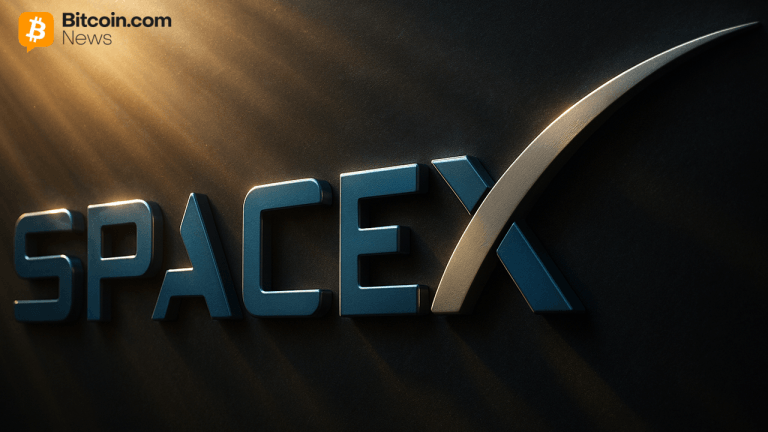
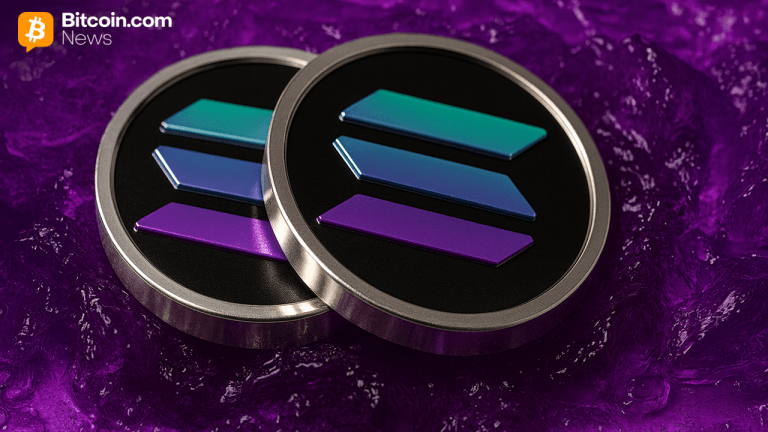


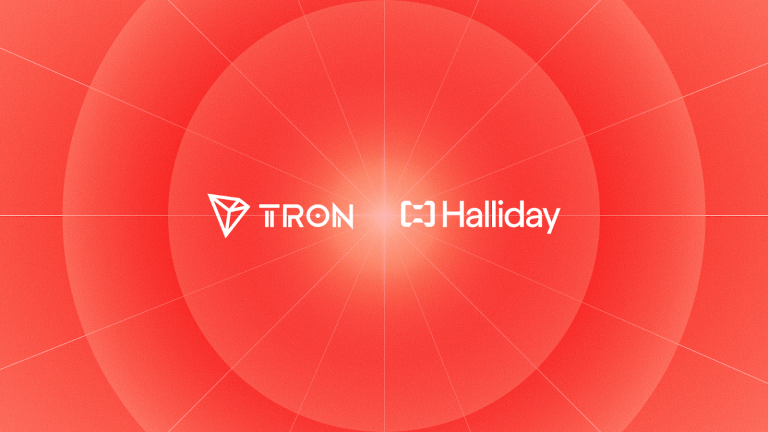
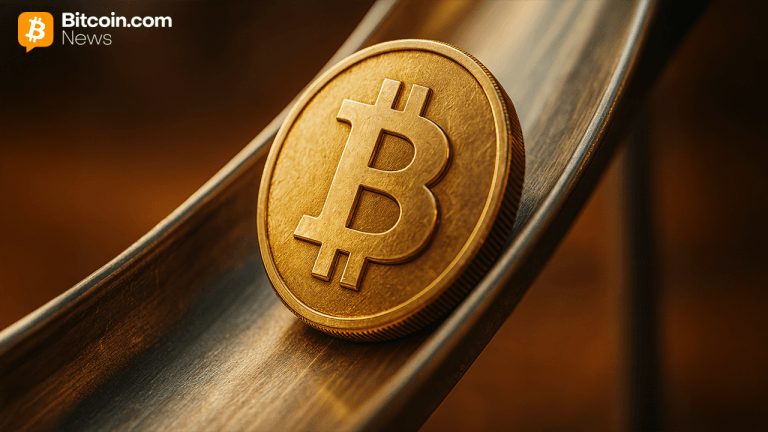


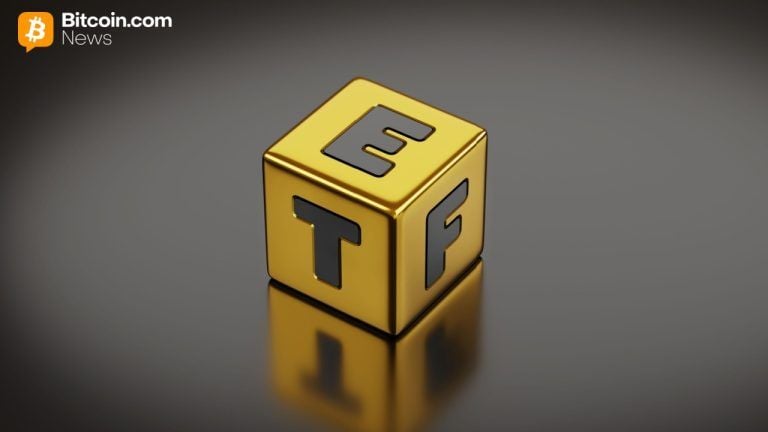
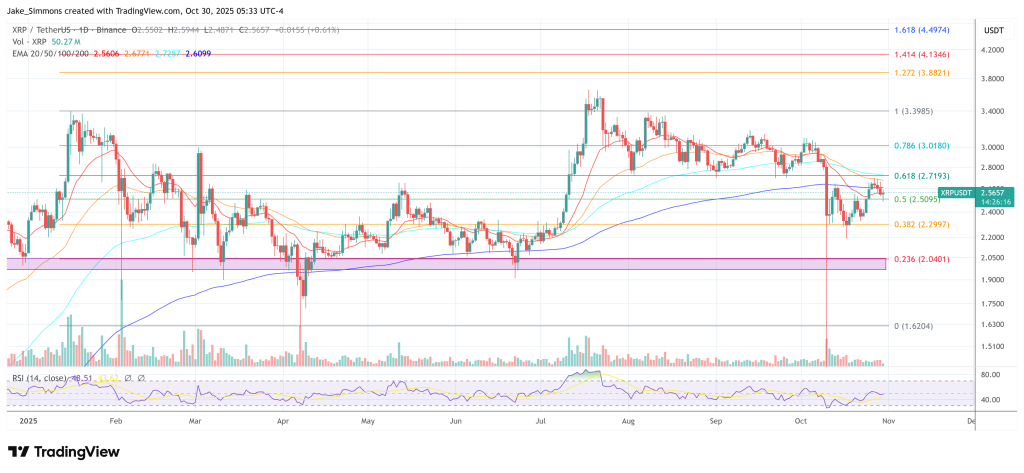



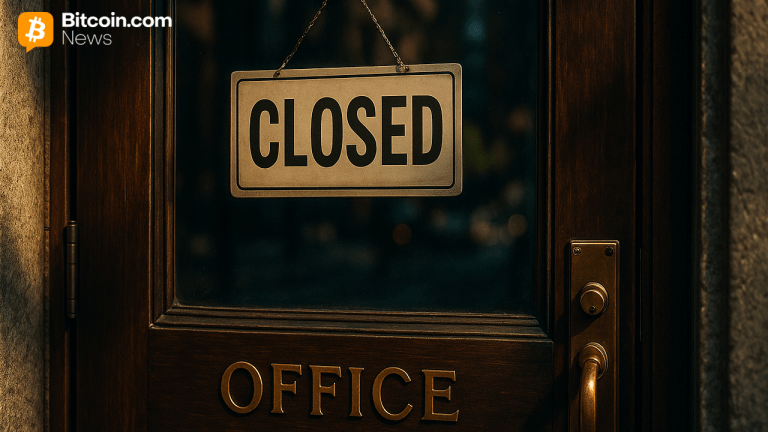

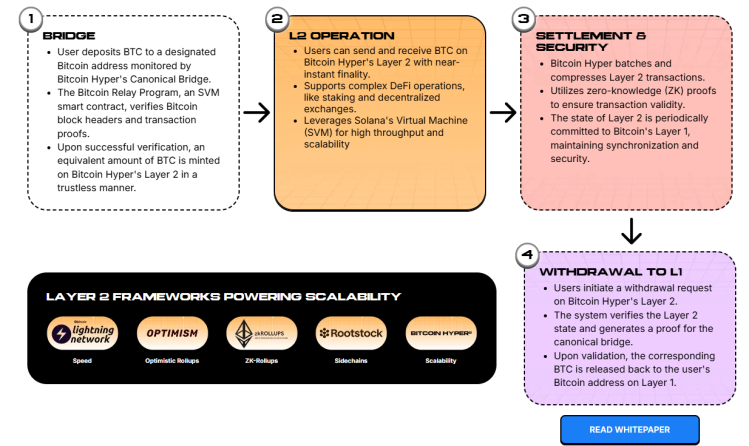
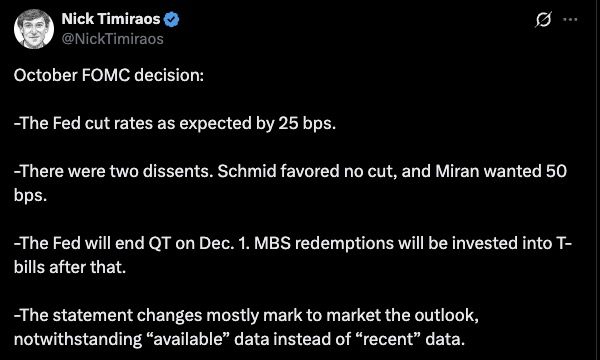

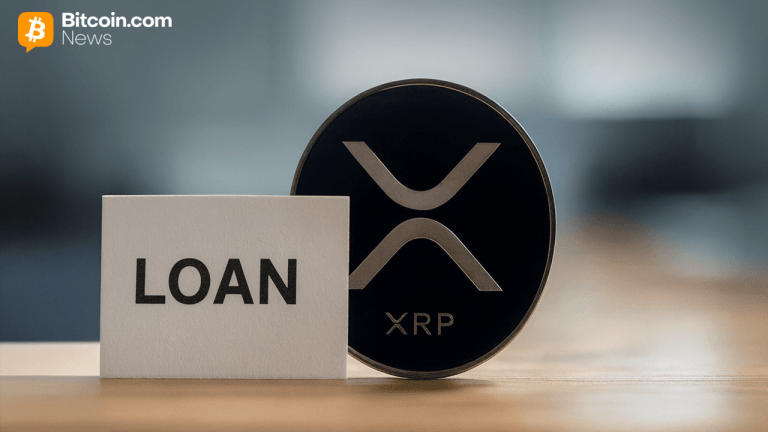
Comments